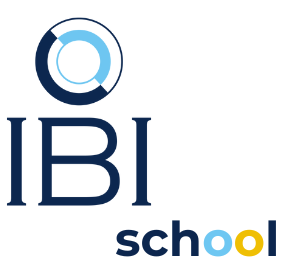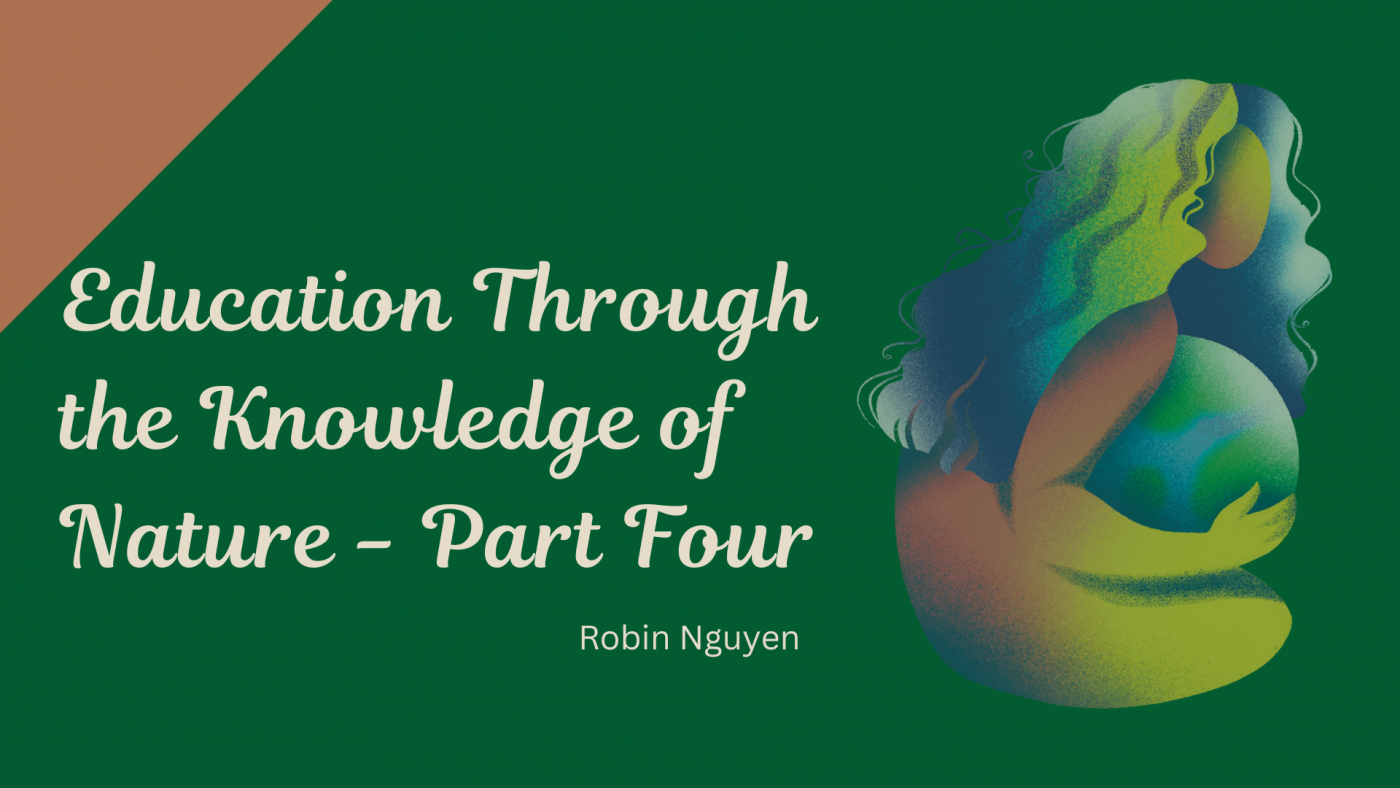Education Through the Knowledge of Nature
“One of the biggest issues today is our disconnect from nature—a trend that alarmingly extends even to younger generations.” Robin Nguyen
As an experienced educator, I am writing a series of articles titled “Education Through the Knowledge of Nature”. Through this endeavor, I aim to broaden perspectives and encourage individuals to rediscover the profound value of education alongside the love and wisdom that Mother Nature imparts.
Part 4: The Three Major Stages of Student Life
Human growth unfolds in distinct phases, each nurturing a different aspect of our being—physical, emotional, and intellectual. These stages, inspired by ideas in Education for Life, outline a natural progression from infancy to early adulthood.
Stage 1: Early Childhood (0–6 Years)
During the first six years, the focus is on developing physical awareness and engaging with the world through the senses. A baby begins by instinctively moving his limbs, gradually progressing from crawling to walking and ultimately, running—even if clumsiness persists. This period is marked by an awakening of the senses, where every sight, sound, smell, taste, and tactile sensation feels extraordinarily vivid.
Between the ages of one and three, children begin to refine their fine motor skills by stacking blocks, turning the pages of a book, and forming simple words and sentences. They also start practicing self-care routines such as feeding themselves, dressing, and maintaining basic hygiene, laying the foundation for independence. Milestones like losing baby teeth around age six offer a tangible signal of the transition toward more advanced learning—both emotionally and intellectually. Children in early childhood learn to recognize and respond to the language used by others, often by pointing to objects and asking questions. Some exceptionally talented children may begin speaking and counting in two or three languages as early as 12 to 18 months, highlighting the importance of early language training.
Between the ages of 4 and 6, children experience significant growth in their cognitive, physical, and socio-emotional development. During this period, they enhance their language skills, refine both fine and gross motor abilities, and develop more sophisticated social behaviors. Many learn to swim or ride a bicycle during these years, and some even take up activities such as ice skating, skiing, hiking, or swimming in the sea.
In Eastern culture, it is widely believed that by Year 6, a child’s personality, temperament, and intellectual abilities become clear enough to shape their future. This perspective is supported by the observation that up to 90% of the human brain’s structure is developed by the age of 5.
Stage 2: Middle Childhood (6–12 Years)
From age six to twelve, a child’s emotional world and social skills blossom. This stage provides an ideal opportunity to nurture noble sentiments and encourage a sense of idealism through exposure to positive role models—whether legendary heroes, historical figures, or everyday community members. During these years, children deepen their language abilities, often venturing into music, acquiring new languages, and learning effective ways to interact with others.
Studies show that talented children can often be identified well before the age of nine. For instance, I recall my daughter was able to perform a moderately challenging piano piece at the age of five. By six, she was fluent in both Vietnamese and English and could even converse in French and Chinese. At eight, she was proficient enough to draw a professional-quality portrait, and her exceptional skills, combined with a strong performance in math and science assessments, led to her being accelerated from grade 4 to grade 6.
Stage 3: Teenagers (13–18 Years)
With the onset of puberty around twelve, the adolescent enters a period characterized by the assertion of individuality and the testing of willpower. Often accompanied by a degree of rebelliousness, this stage is a pivotal period for cultivating self-control, strengthening willpower, fostering discipline, and channeling one’s inherent strength in a constructive manner.
Teens must be guided to channel their emerging energies positively—understanding that true strength lies not in dominating others, but in being a reliable support for those around them. This phase is one of dramatic physical, mental, and emotional change, setting the stage for the evolution of active idealism and personal responsibility. As they approach eighteen, while physical growth may begin to plateau, the intellectual capacities start to gain momentum. It is during these transformative years that a young person begins to forge their future ambitions, define career goals, and develop a well-rounded plan for adulthood.
Author: Robin Nguyen


